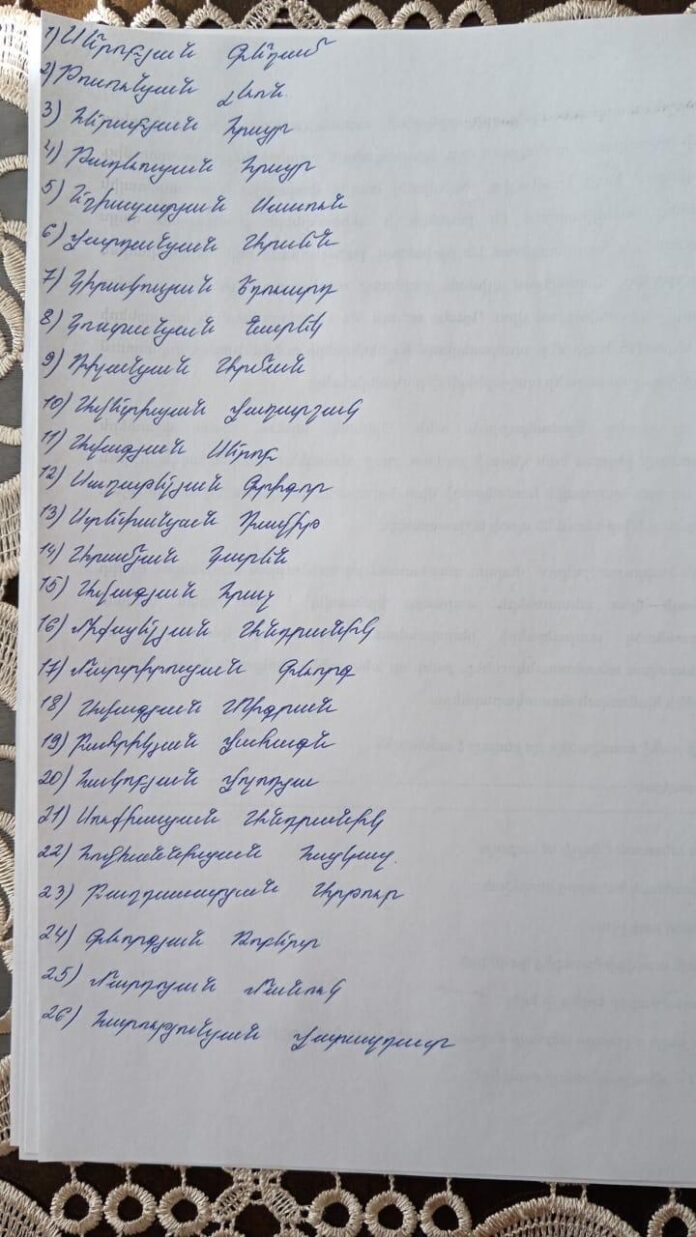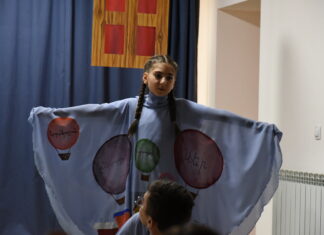By Uzay Bulut
Since Azerbaijan’s 2020 genocidal war against the Armenian Republic of Artsakh/ Nagorno-Karabakh, many Armenian prisoners of war continue to be illegally held and tortured in Azeri jails.
Recently, a prominent human rights lawyer traveled to Armenia and met in the city of Gyumri with families whose children were captured in the aftermath of Azerbaijan’s 2020 war against Artsakh.
She shared her observations with me: “Mothers, with a strength inherent in feminine nature, sat at the forefront. They courageously expressed their pain and longing to reunite with their sons. They emphasized their anguish and frustration over their sons’ illegal and arbitrary detention in Azerbaijan during the past three years. In the case of the fathers, I sensed a feeling of devastation and renunciation. Lost and defeated looks appeared on their faces, edged with an unendurable pain which secretly moved me even more than the mothers’ energetic demands.”
Azerbaijan had launched an aggressive war against the Armenians of Artsakh between 27 September and 9 November 2020. During these 44 days, Azerbaijan’s military forces indiscriminately bombed civilian areas, including homes, hospitals, and schools. Thousands of Armenians were killed; many were tortured and even beheaded.
The war was halted through a Russian-brokered trilateral agreement signed by Armenia and Azerbaijan on November 9, 2020. Many Armenians – civilians and soldiers – were taken hostage by Azeri forces. The ceasefire agreement urged both sides to release prisoners of war. Although Armenia has fulfilled its obligation, Azerbaijan has refused and instead continued kidnapping more Armenians even in the aftermath of the war.








